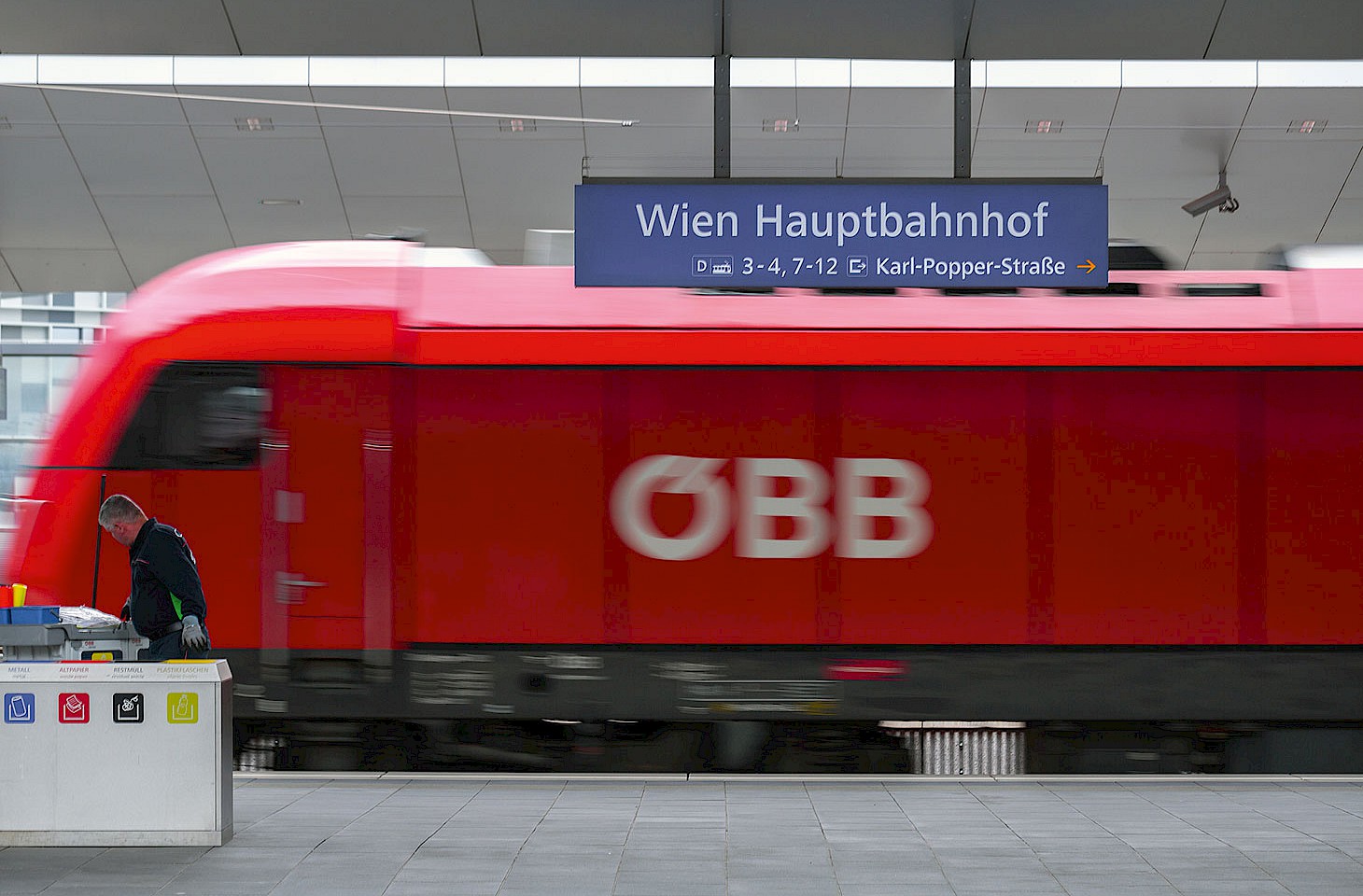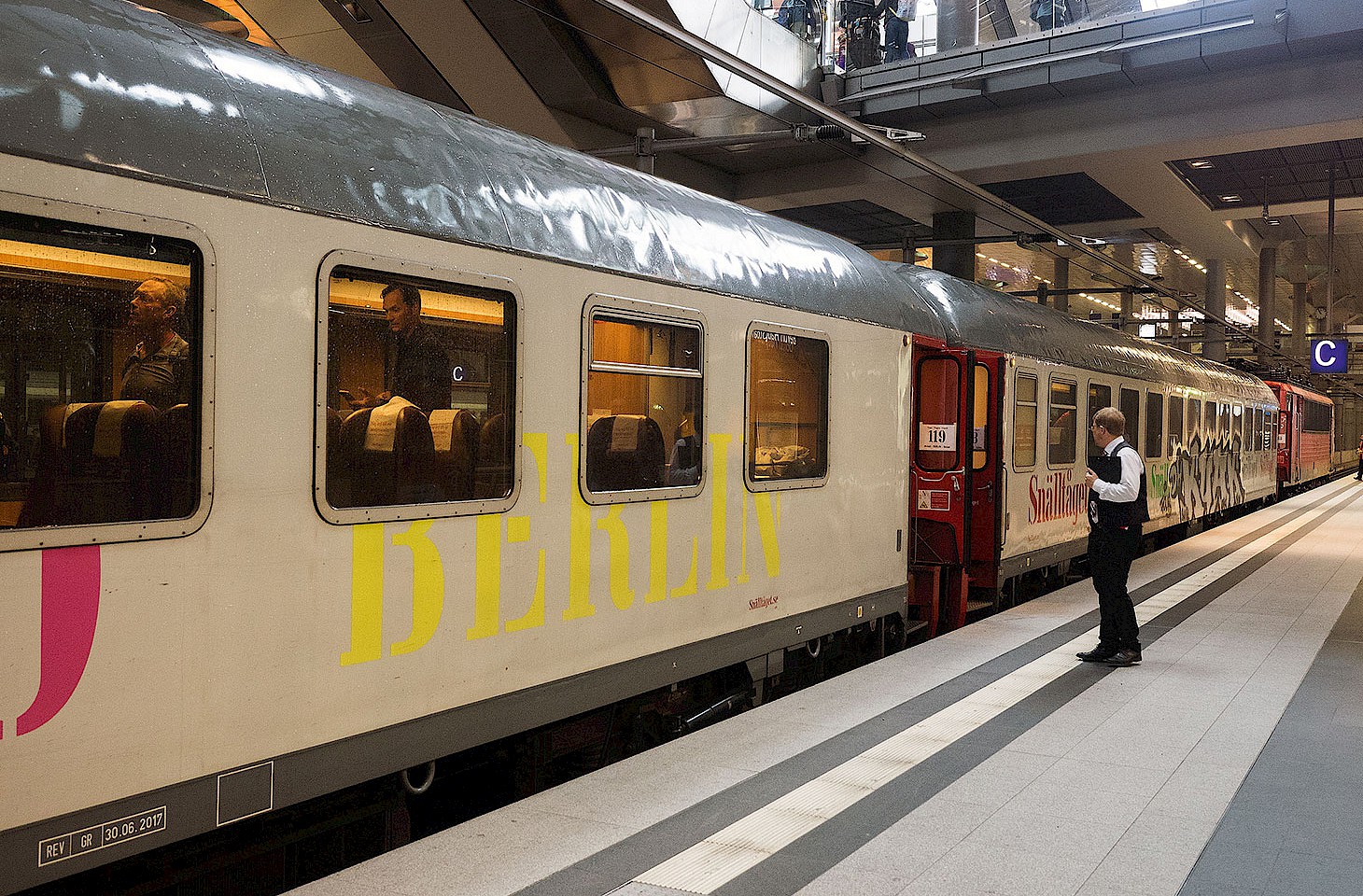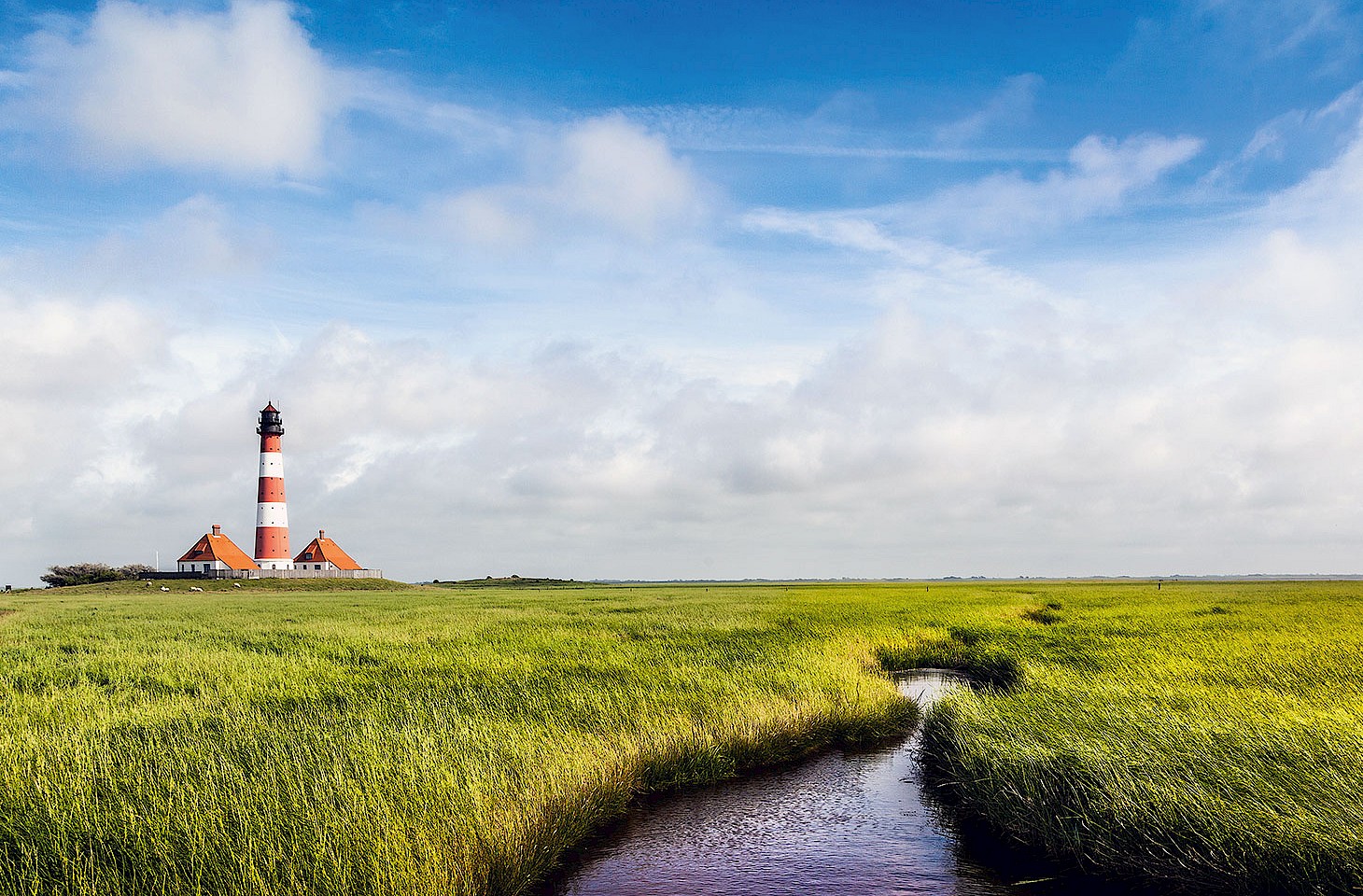It is dustbin day in Haidemühl, a small town in eastern Germany. Karl-Marx-Straße is a long road of small red brick villas that leads up to the old glassworks. Each house is a study in quiet domesticity. Roses in the tiny front gardens, a walnut tree here, a rambling clematis there. Simple trellis railings delimit each territory - for to each is entrusted a little plot of land that is his or her private kingdom. There are no cars, not one anywhere on the entire street, but there is one dustbin. One solitary dustbin, because today is Tuesday.
Karl-Marx-Straße is as empty as all the other roads in Haidemühl. On Straße der Einheit (Unity Street), there are two dustbins. On Straße des Friedens (Peace Street) none at all. Instead a fox has come out of the forest and prowls for scraps behind the old bottle bank.
In the next village along the way, just three kilometres distant, they have their own views on what's been going on over in Haidemühl. Proschim folk are pretty blunt about everything. Especially when it concerns Haidemühl. An old man sits on a wooden stool outside his house in Proschim's main street. "Along there," he says angrily, raising his voice and gesticulating with his walking stick in the direction of the railway bridge that marks the boundary between roschim and Haidemühl, "that's the Kingdom of Sweden." The crude painted sign that stand in the very centre of Proschim says something of the general mood in the village:
Coal from Lusatia is supporting
the Swedish welfare state.
That German politicians connive in this
is evidence of their
gullibility and bribability.
"Haidemühl today, Proschim tomorrow," says the man with the walking stick, and then he recites a litany of the lost villages: "Gosda, Rosendorf, Wolkenberg, Kausche, Jessen... in Jessen, there was even a mediaeval church. It's gone. Everything's gone".




